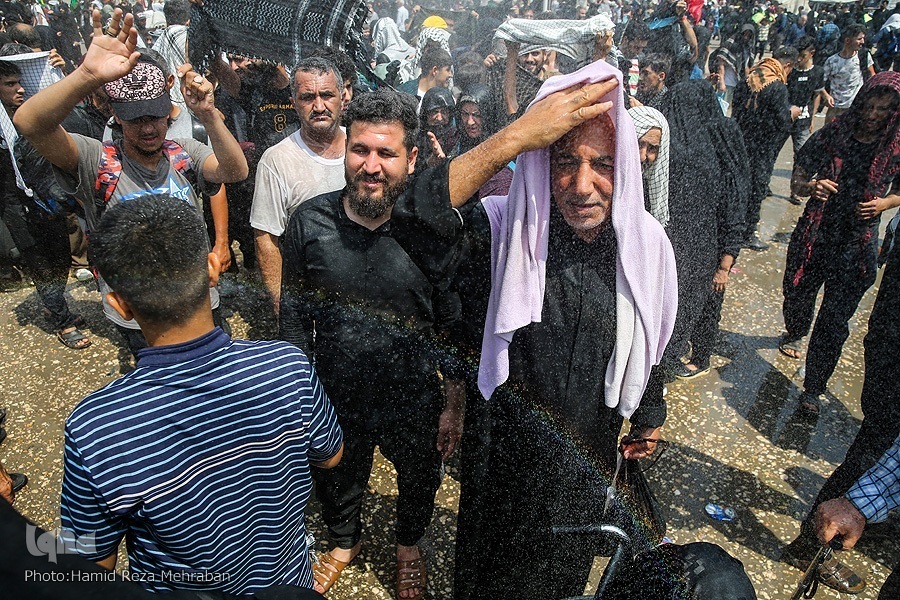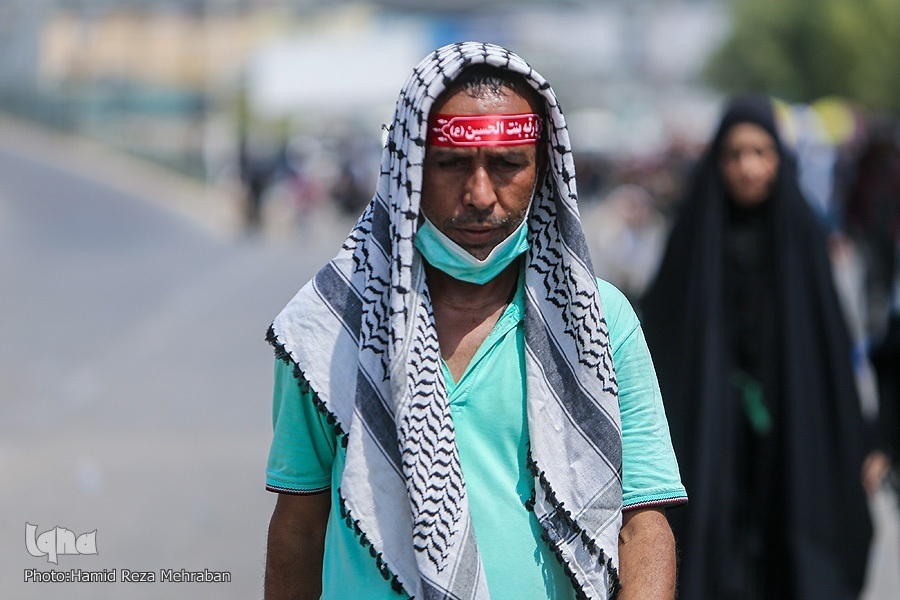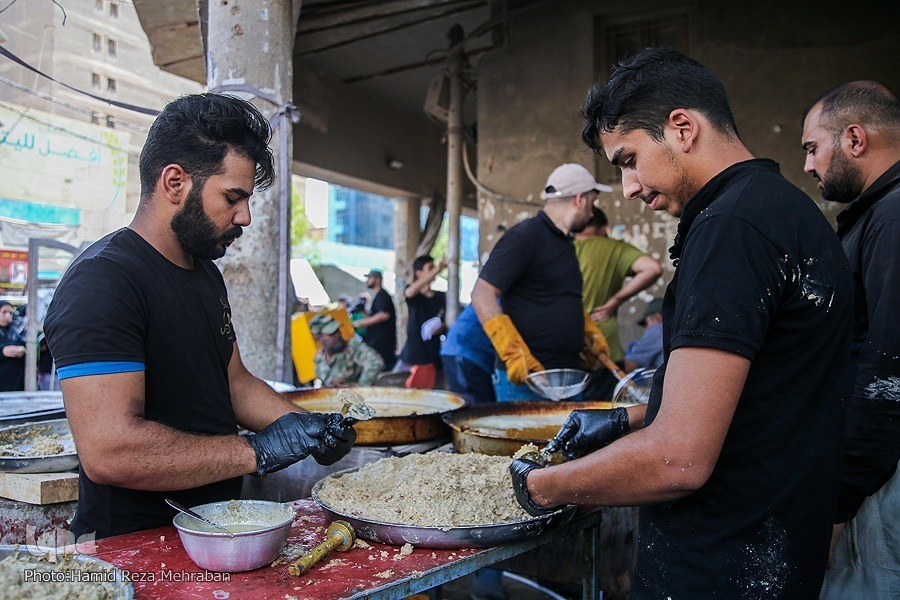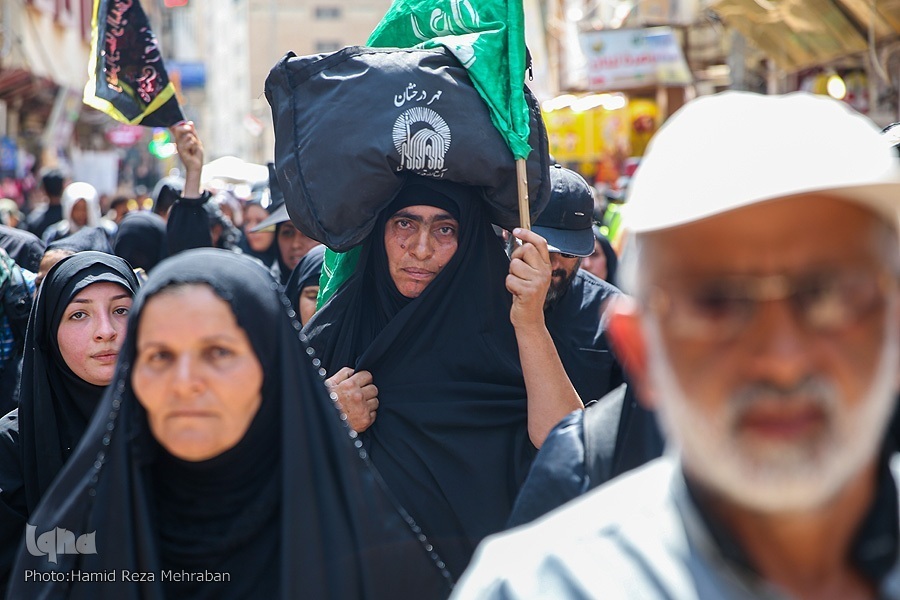Tips for Healthy, Safe Arbaeen Trek

Arbaeen is the world’s largest annual pilgrimage. Each year, millions of Shia Muslims take part in the event, converging in southern Iraq to mark the end of a 40-day mourning period after the sad demise of Imam Hussein (AS) in the battle of Karbala on the tenth day of Muharram, the first month in the Islamic lunar calendar.
However, apart from the spiritual aspects of the journey, to go on Arbaeen trek, a long march towards holy shrine of Imam Hussein (AS), it is necessary to look after our health.
Before setting out on the journey make sure to arrange an appointment with your physician to check your health and decide if you can go on such a long trip.
If you have any pre-existing condition such as diabetes, high blood pressure, asthma or other diseases do not forget to have your medications with you.
Iraq has a hot and dry climate. The warm weather can lead to serious conditions such as heat stroke.
Make sure to take steps to avoid sudden prostration due to long-term exposure to the sun. Wearing lightweight, loose-fitting clothes that are made of breathable fabric that allow airflow and air movement would aid in cooling the body.

Use suitable skin products and sunscreens to avoid developing sunburns, rashes, skin dryness and more serious skin condition such as eczema.
Try to have best sleeping hours. Ideally, it is better to go to bed earlier and wake up in the early morning hours to begin the trek before sunrise and avoid heat stroke.
Avoid eating large meals. Eating a large meal is detrimental to your health as by then the metabolism slows down and the heavy meal cannot be easily digested.
Eat your food while sitting down slowly and calmly. People who take time to chew slowly have better digestion and feel fuller, faster. Let your body digest the food for like an hour and then resume walking.
Try to have fresh, warm food and do not consume leftovers to avoid food poisoning.
Do not drink too much tea or coffee as they are diuretic which means that they result in an increase in frequency of urination and may lead to dehydration.

Instead, you can add some honey and fresh lemon juice to lukewarm water and drink it. It is a healthy, low-calorie drink. It also aids digestion an detoxifies the body.
To avoid developing food borne illnesses such as Salmonella, do not consume raw fruits and vegetables before washing them with clean water or making sure that they are washed so.
If you often have constipation when you travel, make sure to have figs (either fresh or dried), dried yellow plums, fresh tamarind and olive oil which thanks to their laxative effects can help relieve constipation.
Sweet almond oil has great therapeutic effects as well. It is both a laxative which could help in treating constipation and can be used topically. You can apply the oil directly on blisters you may get due to long hours of daily walk.
You can also put a drop of almond oil in your nostrils. It has a soothing effect, helps a better sleep, prevents dryness or bleeding in your nasal passage, and opens it up.
Soak your feet in lukewarm water mixed with some salt and almond oil and massage them to soothe your tired aching feet after a day-long walk.

As a large crowd of people gather together in this great event, to avoid contracting infectious diseases such as the flu or COVID-19 try to wear a face mask during the journey.
As Iraq is one of the countries hit by sand and dust storms occasionally face masks may also offer a means to filter out and reduce exposure to particulate matters and reduce the associated risk of acute respiratory outcomes, especially for people with chronic lung diseases such as asthma.
Wearing sunglasses would also protect your eyes against the sun's UV rays during long walks. Sunglasses also act as shields and prevent particles from entering your eyes and causing irritation and possible damage.
Wear shoes which are breathable, comfortable, and ideal for being active to protect your feet from rocks and give good stability and traction during the walk.
And last but not least, since this journey involves situations with greater risk of exposure to infections such COVID-19 after returning please either get tested or if you are going to be around others, especially those who are at higher risk of getting very sick with COVID-19, consider additional precautions for at least a week to protect others from getting infected.
 Most Commented
Most Commented 


